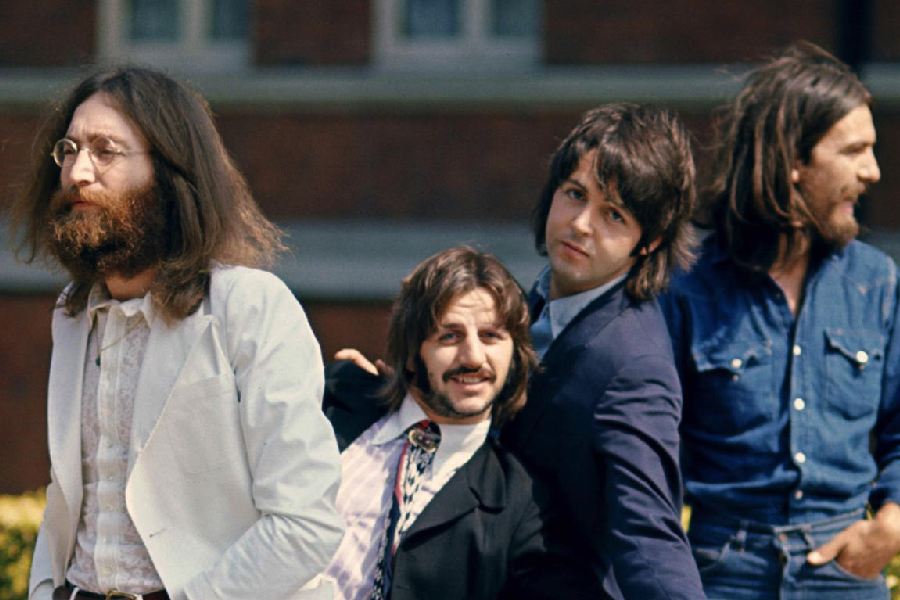By 1963, John Lennon and Paul McCartney had written so many songs that they couldn’t fit them all on Beatles’ albums. Not all of them were their finest compositions but the tag Lennon-McCartney was already worth in gold. They were writing songs when most successful bands were not. What did they do with many of these songs? They gave it away to promising musicians. Sure, they recorded some of the songs as demos but the titles have become associated with what is known as ‘The songs Beatles gave away’.
Do You Want To Know a Secret
Performer: Billy J. Kramer with the Dakotas
The simple Beatles sound comes through on this gem. Billy J. Kramer was given a demo of John Lennon singing the number, which prompted him to do an arrangement with The Dakotas live on stage. It wasn’t a surprise when Kramer was given the track because he too was managed by Brian Epstein. While writing the song Lennon had the song Wishing Well from the 1937 animated feature film Snow White And The Seven Dwarfs in mind. “I had this sort of thing in my head and I wrote it and just gave it to George to sing. I thought it would be a good vehicle for him because it only had three notes and he wasn’t the best singer in the world. He has improved a lot since then, but in those days his singing ability was very poor because (a) he hadn’t had the opportunity, and (b) he concentrated more on the guitar,” Lennon said in 1980.
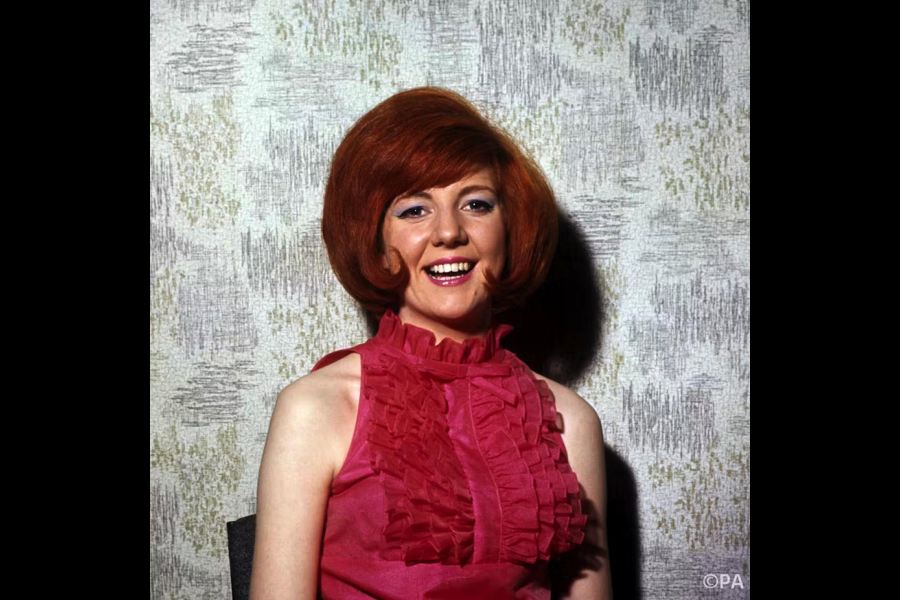
Cilla Black
Hello Little Girl
Performer: Gerry and the Pacemakers/The Fourmost
In 1963, Gerry and the Pacemakers recorded their version of a song the Beatles had rejected — Mitch Murray’s How Do You Do It. It was followed up by another of his compositions — I Like It. At the same time, John Lennon offered Hello Little Girl, which the group had recorded at their Decca audition in January 1962. Gerry recorded a version of the song but it wasn’t released and the song went to The Fourmost. Gerry’s remained unreleased until 1991.
Bad To Me and I Call Your Name
Performer: Billy J. Kramer and the Dakotas
I Call Your Name is among John Lennon’s early songs. “That was my song. When there was no Beatles and no group. I just had it around…. The first part had been written before Hamburg even,” John has said. In 1963, the song was given to Billy J. Kramer and the Dakotas, which had already covered Bad To Me. While making the film A Hard Day’s Night, John considered the song and planned to include it in the film.
Musically, it has an inkling of ska rhythm but in the 1960s it was largely unknown beyond Jamaica. Paul McCartney said the song was written in Lennon’s aunt Mimi’s house on Menlove Avenue, Liverpool. The Beatles recorded their version on March 1, 1964.
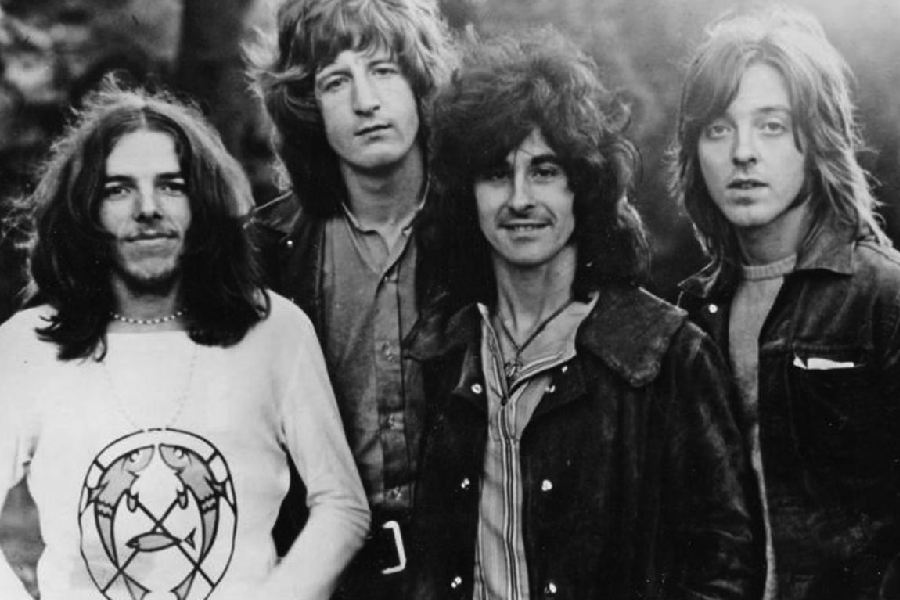
Badfinger
Tip of my Tongue
Performer: Tommy Quickly
A rare example of a Beatles song that didn’t work. Written by Paul McCartney, the song was written in August or September 1962 and the group rehearsed it during Ringo Starr’s first recording session. Eventually, the song was given to Tommy Quickly but it quickly faded from public view.
Love Of The Loved
Performer: Cilla Black
Early in 1963 a part-time job as cloakroom attendant in The Cavern Club, led Cilla Black to become an occasional guest vocalist for groups like The Big Three and Kingsize Taylor and the Hurricanes. Next, she auditioned for EMI Records and, with help from George Martin, signed a recording deal with EMI’s subsidiary label, Parlophone. She became the support act to The Beatles when they headlined a residency at Southport’s Odeon Cinema, and became the first female artiste to be signed by Brian Epstein to his NEMS Enterprise in August 1963. Paul McCartney had penned and canned Love of the Loved. She was offered the track and Cilla sang the track on Ready, Steady, Go! in September 1963. A month later, it became her debut.
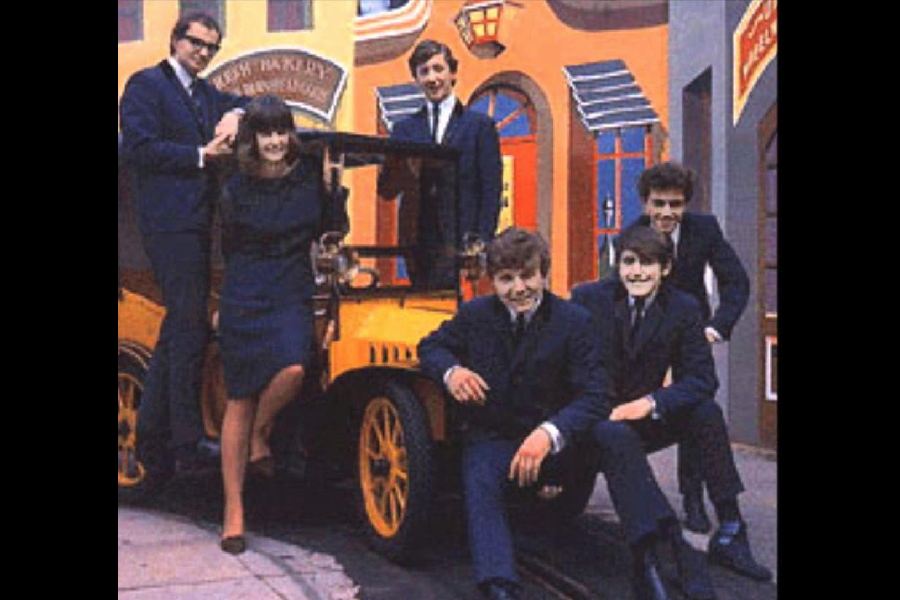
The Applejacks
I wanna Be Your Man
Performer: The Rolling Stones
Now considered a classic, John Lennon and Paul McCartney penned the track. The Rolling Stones were the first to release a version of the song. They put it out as a single on November 1, 1963, exactly three weeks before The Beatles’ own recording appeared on their second UK album, With The Beatles. Mick Jagger has said the Stones had initially planned to cover You’ll Never Walk Alone by Gerry And The Pacemakers, which is played before every Liverpool soccer match at Anfield Stadium, but “decided instead to do a cover song written by other local lads”.
I’ll Keep You Satisfied
Performer: Billy J. Kramer and the Dakotas
Mainly written by Paul McCartney for Billy J. Kramer, the song was recorded on 14 October 1963 and the session was produced by George Martin, with John Lennon in attendance. “That was a good one. Billy J was having a bit of success and because he was out of the same stable as us, it made sense for us, if we weren’t having to write a lot of stuff for ourselves, to knock off a couple for friends. It was pretty much co-written: John and I sat down and purposely wrote it for Billy J in a couple of hours. This one is one I still like. I find myself whistling it in the garden,” McCartney told Barry Miles.
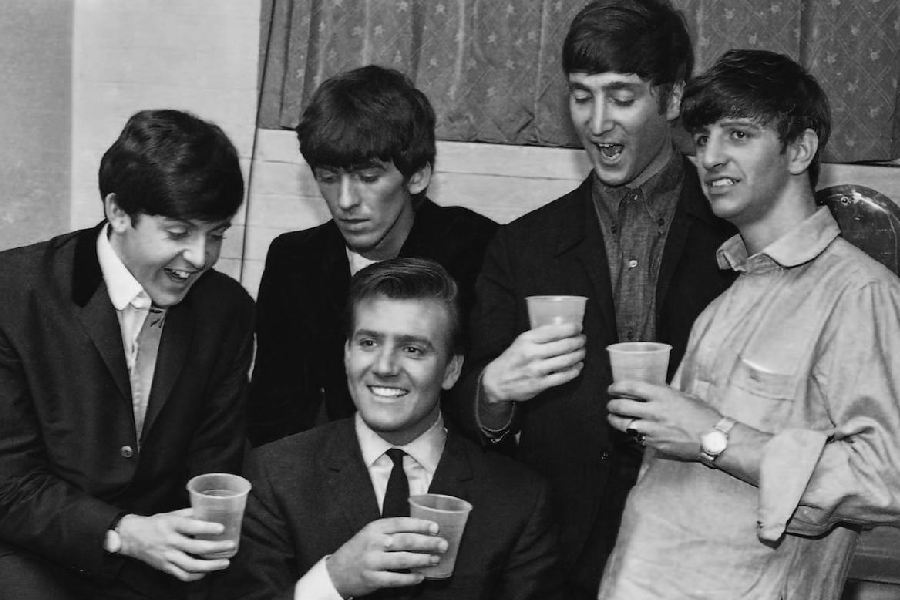
Billy J. Kramer
I’m In Love
Performer: The Fourmost
The group had a management contract with Brian Epstein and was auditioned by George Martin and signed to EMI’s Parlophone record label. “The Fourmost were eager to have a hit and they were very good friends of ours. They were more of a comedy group, a really very funny cabaret act, and when it came to making a record and being serious on a TV show, they always laughed and giggled. They were always having such a laugh, it was very difficult for them. They just weren’t the kind of guys who were going to get a major hit. I tried a few times,” Paul McCartney said.
A World Without Love
Performer: Peter and Gordon
The song was on Peter and Gordon’s debut album. Written by Paul McCartney, the song amused John Lennon. When Beatlemania was taking off, Peter Asher and Gordon Waller — schoolmates in London — started playing music together, delivering harmonies in the mould of the Everly Brothers. Asher’s sister Jane, in 1963, began a romantic relationship with Paul McCartney. No wonder they landed this gem of a song which topped the charts on both sides of the Atlantic in 1964. The only known McCartney version of the song was unearthed around 2013 by Peter Asher.
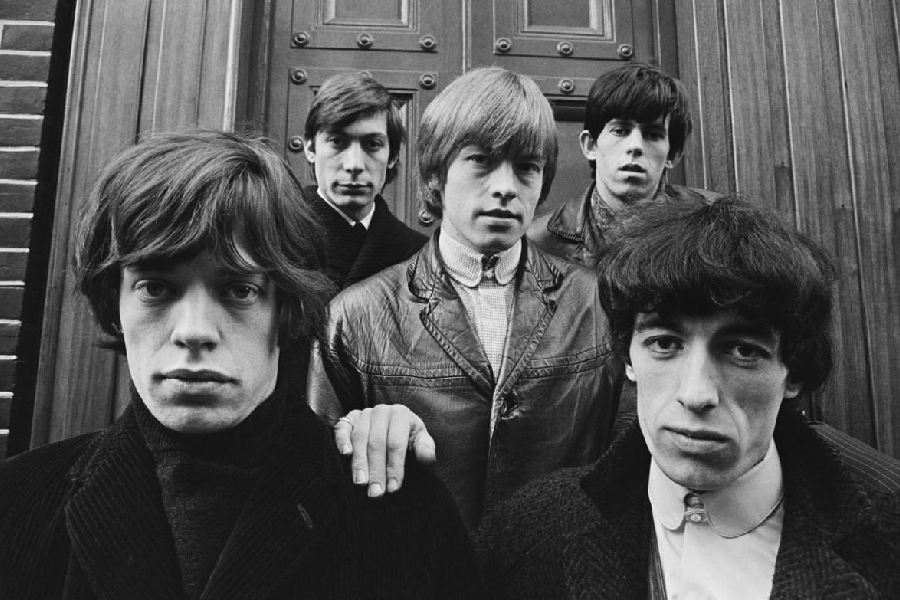
The Rolling Stones
One And One Is Two
Performer: The Strangers with Mike Shannon
“That’s another of Paul’s bad attempts at writing a song,” Lennon said of his writing partner’s attempt. The song was offered to The Fourmost but it ended up with The Strangers with Mike Shannon. A demo of the song was likely recorded in Paris in early 1964, with McCartney singing to an acoustic guitar and piano backing.
Nobody I Know
Performer: Peter and Gordon
The second single of the British duo did not enjoy the success of A World Without Love but it reached #10 in the UK and #12 in the US.
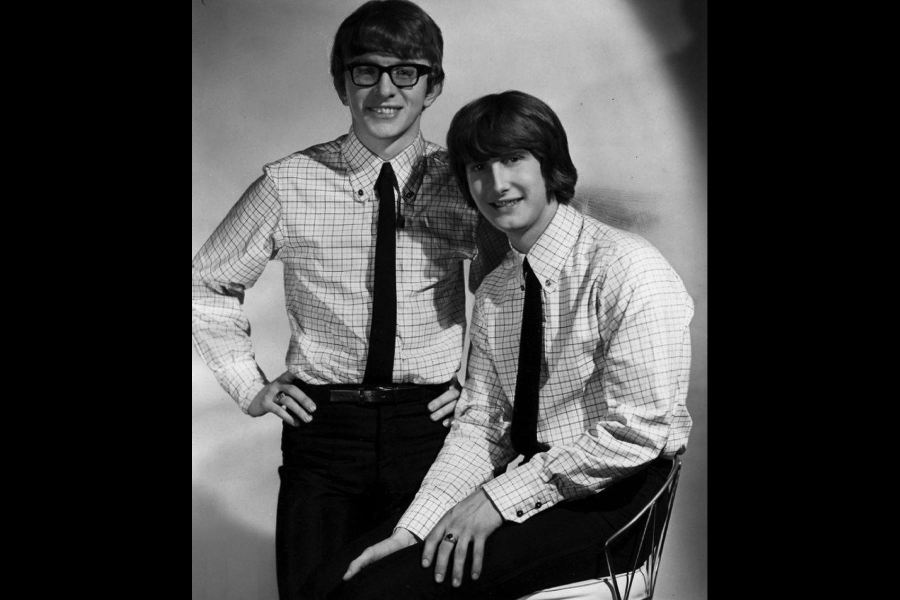
Peter and Gordon
Like Dreamers Do
Performer: The Applejacks
It is one of McCartney’s earliest songs, written in the late 1950s. It was the first song recorded by The Beatles during their audition for Decca Records on 1 January 1962. It was, of course, available on bootlegs and then eventually became available on Anthology 1. “Like Dreamers Do was one of the very first songs I wrote and tried out at the Cavern. We did a weak arrangement but certain of the kids liked it because it was unique, none of the other groups did it. It was actually a bit of a joke to try your own songs… For you to write it yourself was a bit plonky, and the songs obviously weren’t that great, but I felt we really had to break through that barrier because if we never tried our own songs we’d just never have the confidence to continue writing,” McCartney has said.
From A Window
Performer: Billy J. Kramer with the Dakotas
The fifth release for Billy J. Kramer was originally written for Peter and Gordon. The track was recorded in 20 takes at Abbey Road with George Martin producing. Present in the studio at this session was John and Paul. “We would just make it up. We would sit down at rehearsal and grab a couple of hours somewhere and just with a pen and a bit of paper, scribble the lyrics down,” McCartney has said.
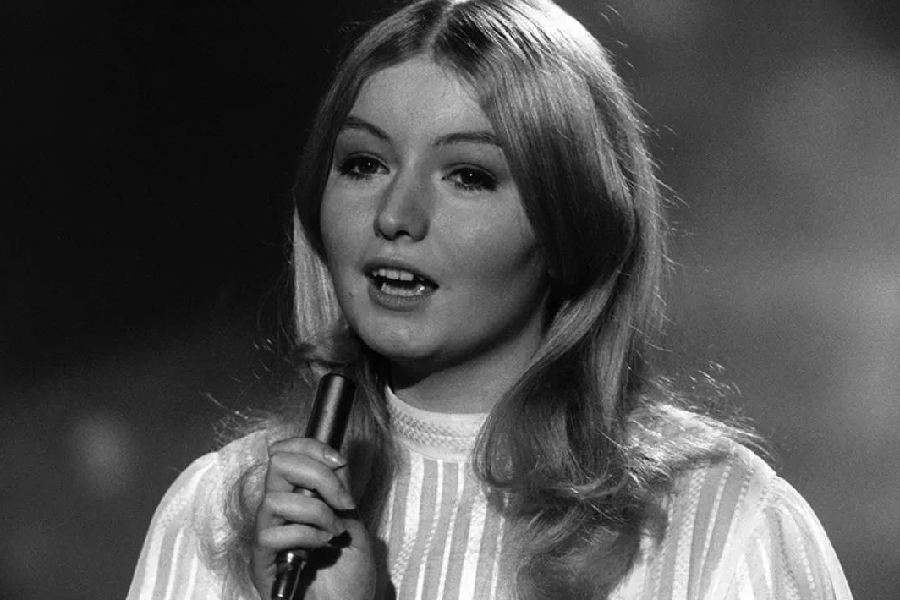
Mary Hopkin
It’s For You
Performer: Cilla Black
The excellent Cilla Black did justice to the song. The Beatles had arrived at London Airport at 11.10am from Sydney. In the afternoon John Lennon and Paul McCartney attended a recording session at EMI Studios, Abbey Road, in which Cilla Black recorded their song It’s For You. “Paul was at the recording session when I made Anyone Who Had A Heart. He said that he liked the composition and he and John would try to produce something similar. Well they came up with this new number, but for my money it’s nothing like the Anyone composition. That was some session we had when I made the new recording. John and Paul joined me, and George Martin. We made one track and then everyone had a go at suggesting how they thought it should be recorded. And everyone had different ideas. George said it should be one way, Paul and John another and I just added my suggestions while they were thinking of what else they could do with the composition,” the singer said.
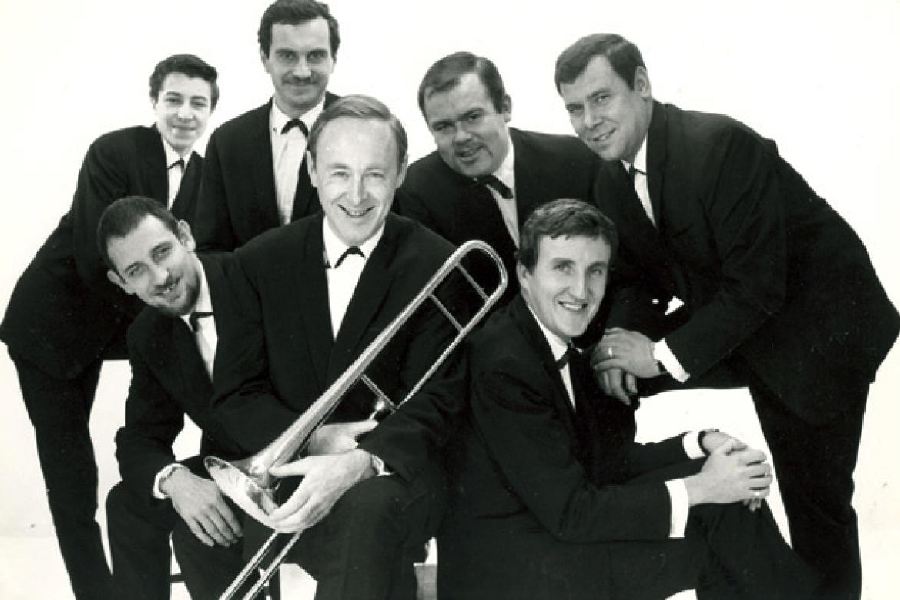
The Chris Barber Band
I Don’t WantTo See You Again
Performer: Peter and Gordon
It was one of those songs that failed to chart and the Fab Four never recorded it.
You’ve Got To Hide Your Love Away
Performer: The Silkie
The Silkie was considered an answer to American folk groups like Peter, Paul and Mary. Managed by Brian Epstein. John, Paul and George helped The Silkie record their version of You’ve Got To Hide Your Love Away at about the same time as the Beatles own version was being released on their soundtrack album Help!
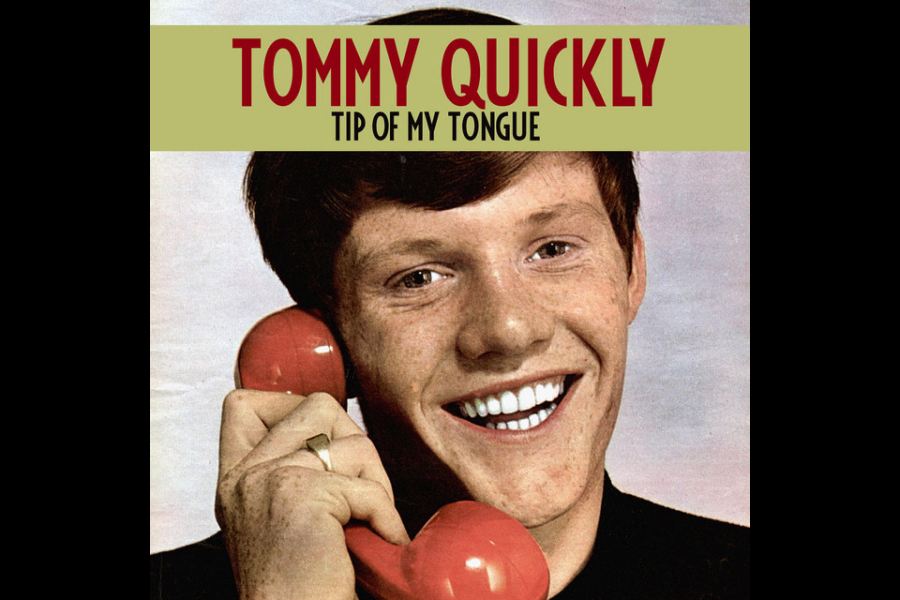
Tommy Quickly
That Means A Lot
Performer: P.J. Proby
The song was written by Lennon and McCartney for the Help! album and they made two attempts at it. “The song is a ballad which Paul and I wrote for the film but we found we just couldn’t sing it. In fact, we made a hash of it, so we thought we’d better give it to someone who could do it well,” Lennon told New Musical Express in 1965. P.J. Proby recorded his version in Abbey Road on April 7, 1965, produced by Ron Richards. The Fab Four’s version appeared only on Anthology 2 in 1996.
Woman
Performer: Peter and Gordon
The song is a Paul McCartney composition under the pseudonym Bernard Webb. He wanted to see if a song could be a hit without being associated with the Lennon-McCartney songwriting team. It became the lowest chart-performing release for Peter and Gordon only reaching #28.
The Family Way
Performer: The George Martin Orchestra
The Family Way is the soundtrack to the 1966 film of the same name, directed by Roy Boulting and starring Hayley Mills. It was composed by Paul McCartney and produced and arranged by George Martin.
“The directors, the Boulting Brothers, actually approached me — one of them, Roy — and he was interested in some of the music we’ve been writing. He said: ‘Would you be interested in actually writing something for film?’ I said: ‘Wow, great honour.’ And they’re very good directors, quite famous English directors, so I knew they’d be good and the film would be good, and a very good cast with John Mills and Hayley Mills and Hywell Bennett. So I said, ‘Yeah, okay!’,” McCartney has said.
Only 24 minutes in length, the album is a collection of film cues based on a single Paul tune entitled Love In The Open Air.
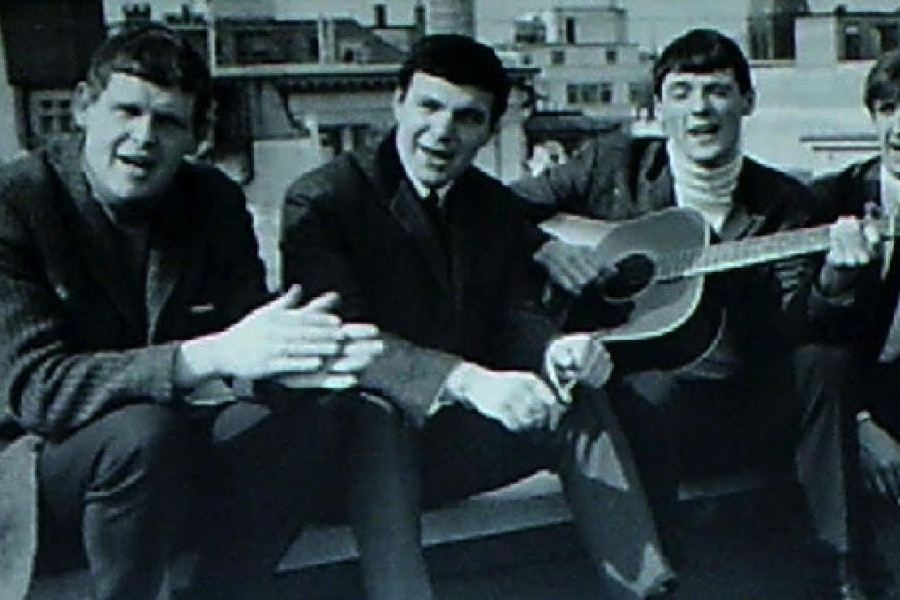
The Fourmost
Catcall
Performer: The Chris Barber Band
Another of Paul McCartney compositions, it was written in the Quarry Men days. A rehearsal from late 1962 at the Cavern Club had been recorded. McCartney knew band leader Chris Barber, who played trombone with his trad jazz group, The Chris Barber Band, and decided to offer him the song.
Step Inside Love
Performer: Cilla Black
The song was written for Cilla Black in 1967 as a theme for her TV series Cilla, which first aired on January 30, 1968. Paul made a recording of the song in September of that year and it can be heard on Anthology 3. Cillia’s version of the song premiered on March 5, 1968 edition of her show. The recording was also featured on her third solo studio album Sher-oo! In 2002, DJ Tommy Sandhu managed to get the singer into the recording studio to rerecord the track.
Thingumybob
Performer: The Black Dyke Mills Band
The brass band from Yorkshire was one of Apple Records’ first signings. On June 30, 1968 Paul McCartney recorded them performing the Lennon-McCartney composition, which became their first single for the label. Besides Thingumybob, the group recorded Yellow Submarine for the single’s b-side.
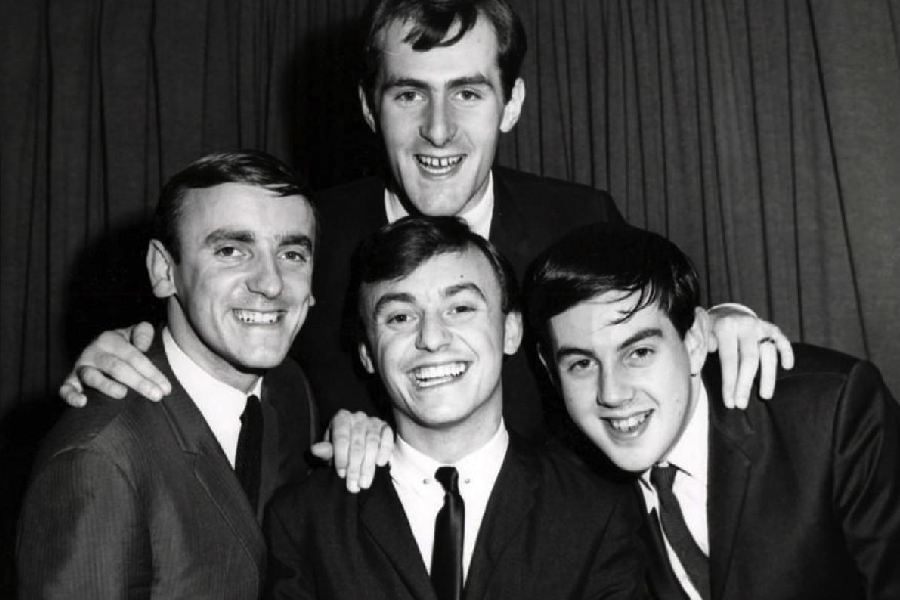
Gerry and the Pacemakers
Penina
Performer: Carlos Mendes
Penina was written by Paul McCartney in December 1968 and he gave it to Carlos when he was holiday in Portugal. “I went to Portugal on holiday [in late 1968] and returned to the hotel one night slightly the worse for a few drinks. There was a band playing and I ended up on the drums. The hotel was called Penina, I made up a song with that name, someone made inquiries about it and I gave it to them. And, no, I shouldn’t think I’d ever record it myself!” Paul told Club Sandwich in 1994.
Goodbye
Performer: Mary Hopkin
Apple Records, The Beatles’ self-owned company, never became very famous but it enjoyed some impressive success, of which Mary Hopkin was a part. A promotional video was shot (though never broadcast) of McCartney and Hopkin recording the song. Paul even cut a demo version of Goodbye for Mary Hopkin. The song looks at the ephemeral nature of relationships.
Come And Get It
Performer: Badfinger
One of the finest bands on Apple Records, the song was written and produced for them by Paul McCartney. This was the first of three hit singles for Badfinger on the Apple label, all top ten successes.
(This is not a comprehensive list of Lennon-McCartney songs recorded by other artistes. References have been made to the Beatles Bible)

